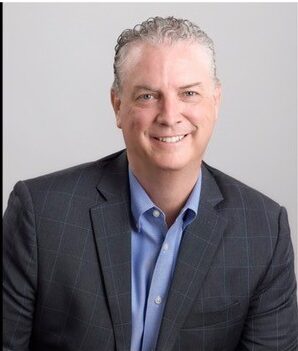Is trust prevalent in your various teams in life? Do you generally trust your boss, your coworkers, your subordinates and your customers? Do you usually trust your neighbors, your friends and your children? That second question may seem strange, because you probably don’t worry about friends doing something to “wrong” you, but lack of trust isn’t limited to a concern about moral compromise. Do you trust others to be competent enough to do things correctly and committed enough to do them thoroughly?
Trust is built through three things: actions, interactions and reactions.
Trust is Built Through Our Actions
More than what we say, people often judge us by what we DO in life. We’ve all had the experience where someone SAYS one thing but DOES something different. People watch, judge and remember our ACTIONS much more than our PROMISES.
Trust is Built Through Our Interactions
How we communicate, whether verbally or non-verbally, sends messages to people that are processed consciously and subconsciously allowing them to form an opinion of us that is referred to as our reputation.
How well do you give and receive feedback? How would others rate you on the timeliness and clarity of communicating? Are you actively working to become a better listener? What grade would you give yourself on being compelling, persuasive and memorable? While many of these questions seem to be more about communication than trust, much of the trust we develop is based on how well we communicate and relate to those around us.
When you’re interacting, make it a point to demonstrate genuine empathy. Try to understand other people’s challenges and frustrations. Respect the fact that everyone has certain things that make their job more difficult. Make sure you aren’t guilty of what frustrates you. Live by the Platinum Rule: Do unto others as they would have you do to them.
Keep confidence if someone shares something private with you. Don’t damage trust by repeating something that the other person didn’t want to be made public. If you betray that confidence, you can be sure it will permanently damage their trust in you.
Trust is Built Through Our Reactions
When a problem arises, try to be responsive not reactive. Avoid coming back with an instinctive "knee jerk." Make sure you don’t push people away with harsh reactions, and don’t cultivate an “us and them” atmosphere or allow that to exist.
Building trust in the various parts of your life is one of, if not the most, significant factor in developing personal influence. Doing the things put forth in this article will allow you to strengthen your relationships and deepen your impact. Take the time to do some honest self-assessment and self-reflection. What do you need to work on? How can you become someone that others trust and want to be close to? If you answer those questions honestly, and work purposefully to do what you know you need to, then you will grow your personal influence exponentially.
*The views and opinions expressed in the Public Risk Management Association (PRIMA) blogs are those of each respective author. The views and opinions do not necessarily reflect the official policy or position of PRIMA.*

By: Randy Anderson, CSP
Founder/Owner, E3 Professional Trainers
Summary of Qualifications
- 30 years of professional sales experience including Sales Management
- Managed 100+ people
- 18+ years as a full-time trainer
- Trained at hundreds of companies, and has spoken to hundreds of thousands of people regarding employee engagement and workplace productivity
Business Experience
Before starting E3 in 2005, Randy spent 20 years in sales and sales management. Most of that time was spent in media sales, which gave him the opportunity to work with virtually every type of business and in every industry. It is from that experience that he draws the ideas and strategies to help his clients improve their performance in the workplace and to achieve their maximum potential in life.
Professional Affiliations
- Member - National Speakers Association
Education
- Bachelor of Science in Ag Communications - Texas Tech University
- Your Leadership Legacy (Ken Blanchard Co.)
- Changing the Picture (Ziglar Corp.)
- Ethics 101 (Cox Enterprises, Inc.)
- LifeNet Time Management Training (Life Net Inc.)
- Basic Selling Skills (AVI International)
- Top Selling (Ziglar Corp.)
- Professional Selling Skills (Learning International)
- System 21 Selling (Executive Decision Systems)
- Fast Track Media Sales (Cox Media, Inc.)



